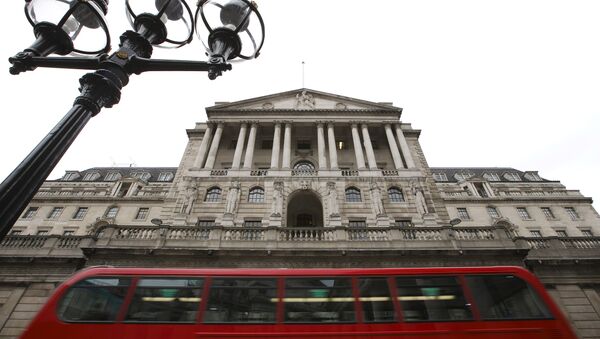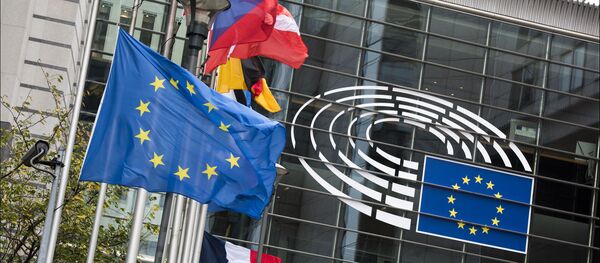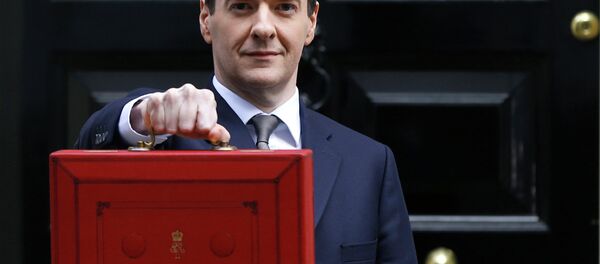The UK's retail performance plummeted in December for the first time in over a year, even though the holiday season was supposed to accelerate sales, with consumer spending, accelerated in November, having braked as well. Insufficient inflation and less harsh weather are to blame, still, the situation reflects an insufficiently aggressive policy stance by the BoE.
The total volume of retail sales, fuel included, dropped 1% in December, according to data by the London-based Office for National Statistics (ONS), after a robust expansion of 1.3% the previous month. Apparel sales plunged 6.3% year-on-year, while the overall slump exceeded previous expectations by 0.3%.
A decline in oil prices contributed to the decline significantly, lowering fuel costs and thus exacerbating the broader threat of disinflation. Meanwhile, the UK economy, heavily reliant on financial sector performance, has been anxious ever since the early December Third Avenue junk bond meltdown on Wall Street, the Chinese stock market swings, and the subsequent global stock fallout, extending negative expectations into early 2016.
"This is soft data," Rob Carnell of the London-based ING Bank said. "Unless January bounces back hard, it provides another excuse for the Bank of England to drag its feet, with no rate hike from them likely until November this year at the earliest."
However, while the UK inflation is near zero, gains in real salaries, coupled with almost a ‘full employment' situation in the labor market, provide some support to spending. Meanwhile, retail prices are falling, having dropped 3.2% in December, yet, consumers prefer saving the money, awaiting further price drops. Unless inflation accelerates, UK retail performance is likely to remain weak.
In the meantime, the British fiscal performance has improved during the outgoing tax year, ending in March, with government borrowing declining in December to its lowest in nine years at 7.474 bln sterling compared to 11.734 bln in December 2014. Previous expectations placed the volume of the UK's borrowing at 10.5 bln pounds for the month. Overall, the pace of borrowing decreased by an annualized 12.9%, providing the Conservative cabinet with additional tools to stimulate the domestic economy.
The upbeat fiscal performance propelled the sterling 0.3% higher against the greenback on Friday, as investors and traders raised their bets expecting a new round of monetary tightening in the UK. Yet, in reality, it might be a slightly more distant perspective — unless the cabinet finds the right way to spur the domestic price index, while cheap fuel remains one of the greatest challenges.



